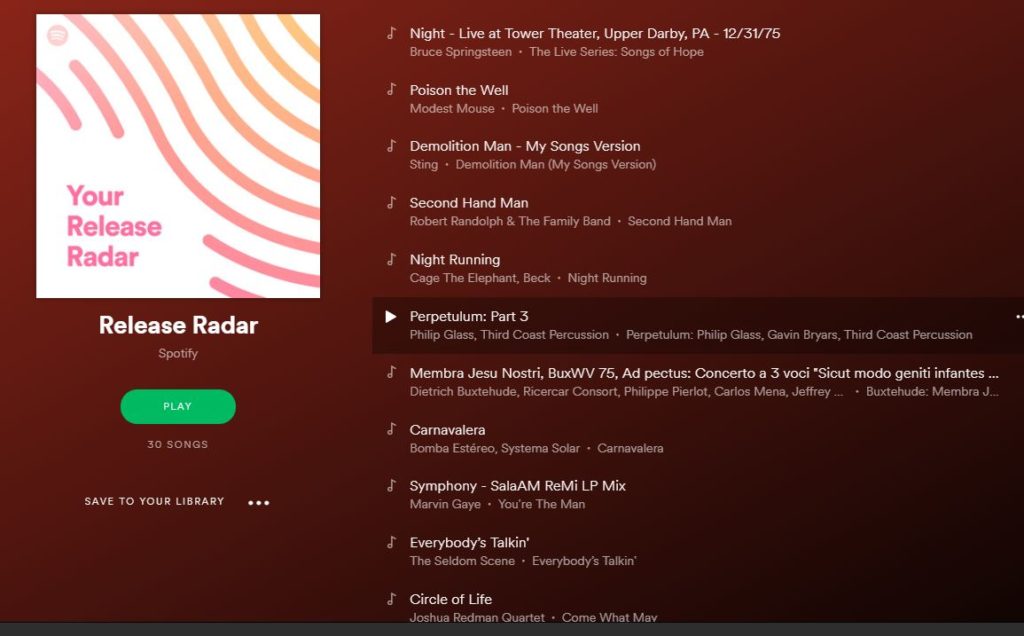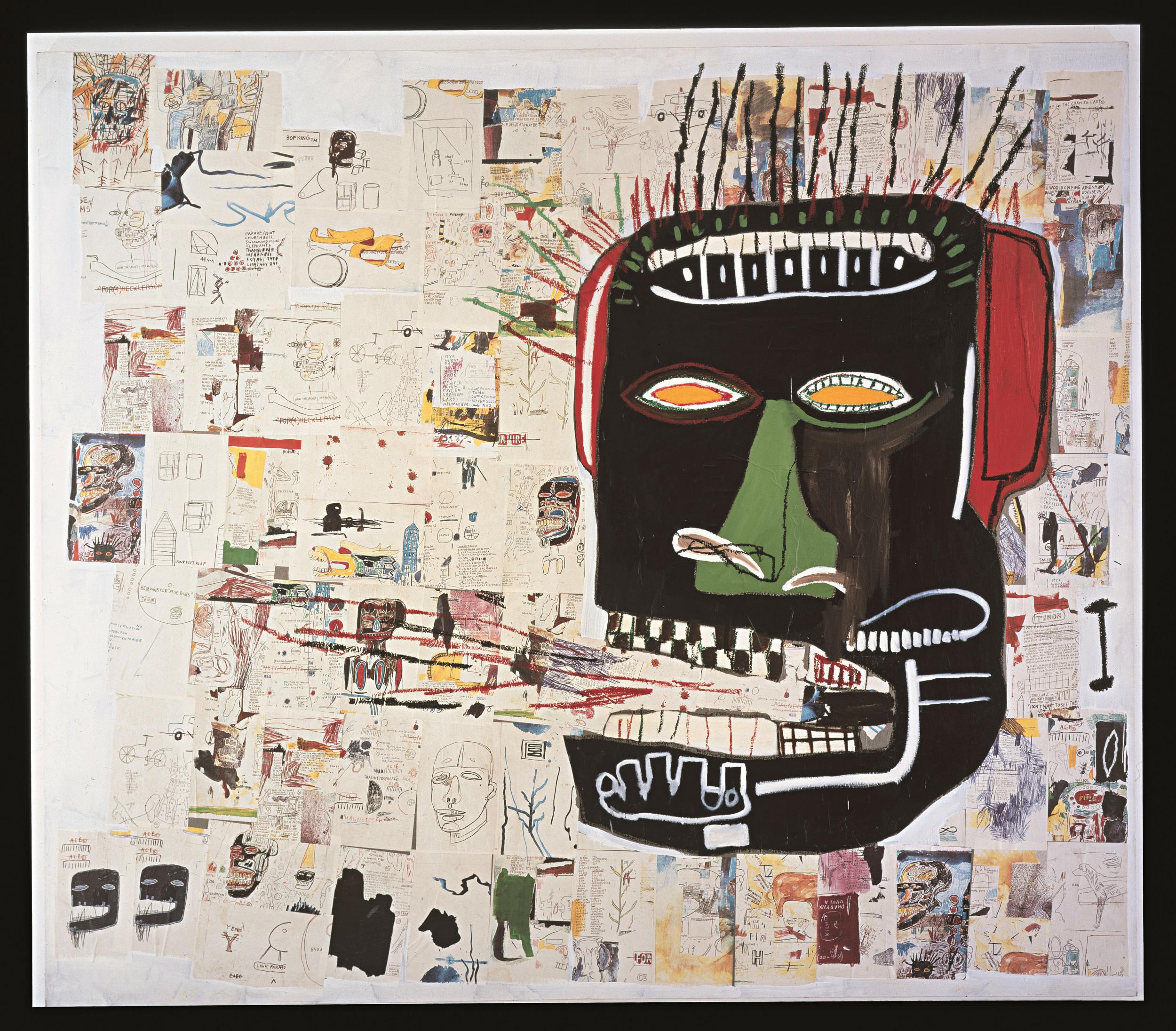
It’s mid-afternoon and I have had another productive day composing. At this point I have completed rough drafts of the Theme, a Dance, Slow movement, and a Trio. In addition I have solid ideas for three other movements that need to be spun out. I seem to be on schedule, however I am still feeling the need to keep at it with as much time and energy as I can muster.
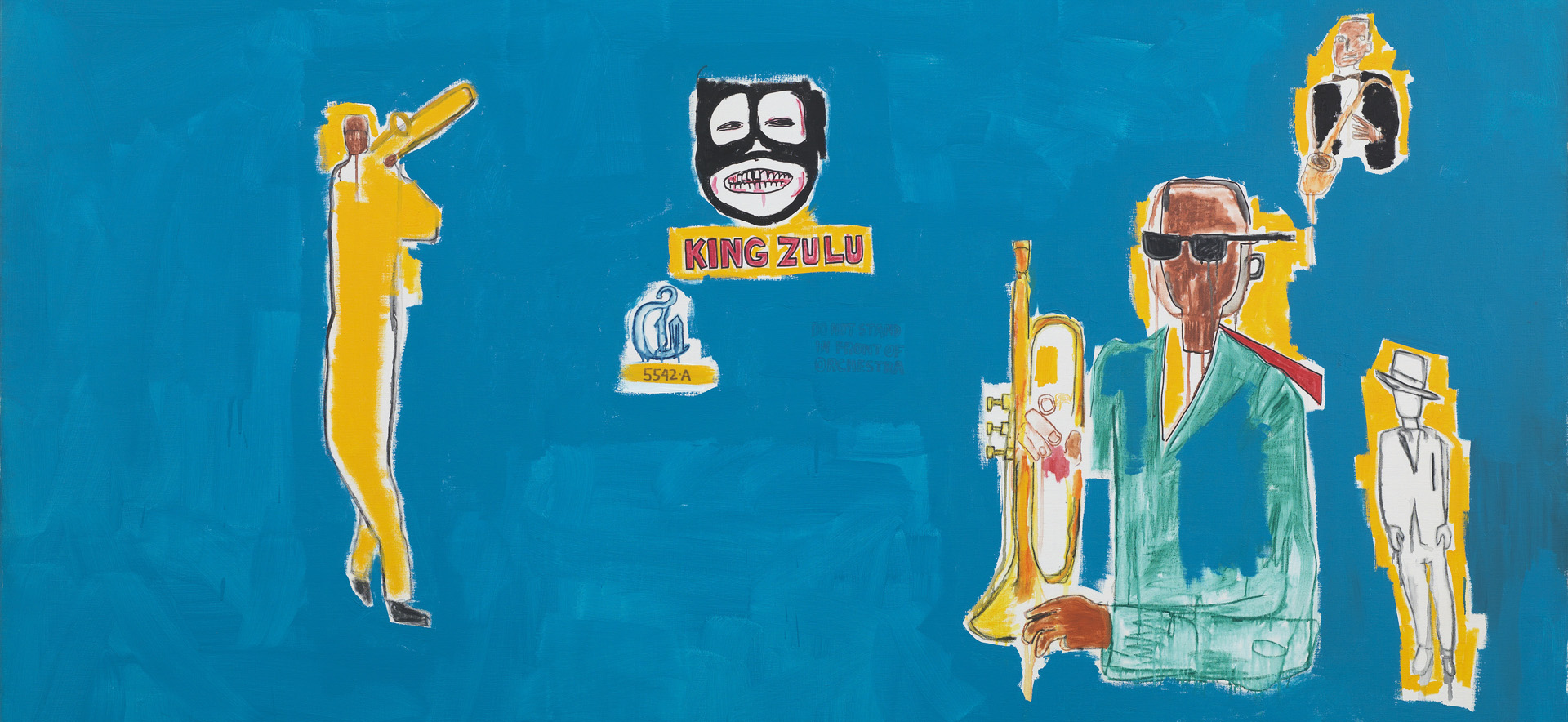
I am learning more details about my compositional process. There are several phases I go through: coming up with initial ideas, developing them enough to put down on paper, spinning out into a draft, rewriting and editing as necessary. The first phase is the most difficult because it’s hard to plan to have ideas. Plus there is part of me that is constantly evaluating at every stage and is ready to trash an idea or even a movement if it suddenly seems iffy.

Tomorrow I have to turn my attention back to church work. I have to pick out organ music for the upcoming weekend. I also need to think about what I’m going to play for Holy Week and Easter. At this point, I am not thinking literature. Instead if I can find some fresh sounding pieces maybe based on Easter hymns that’s what I will schedule.
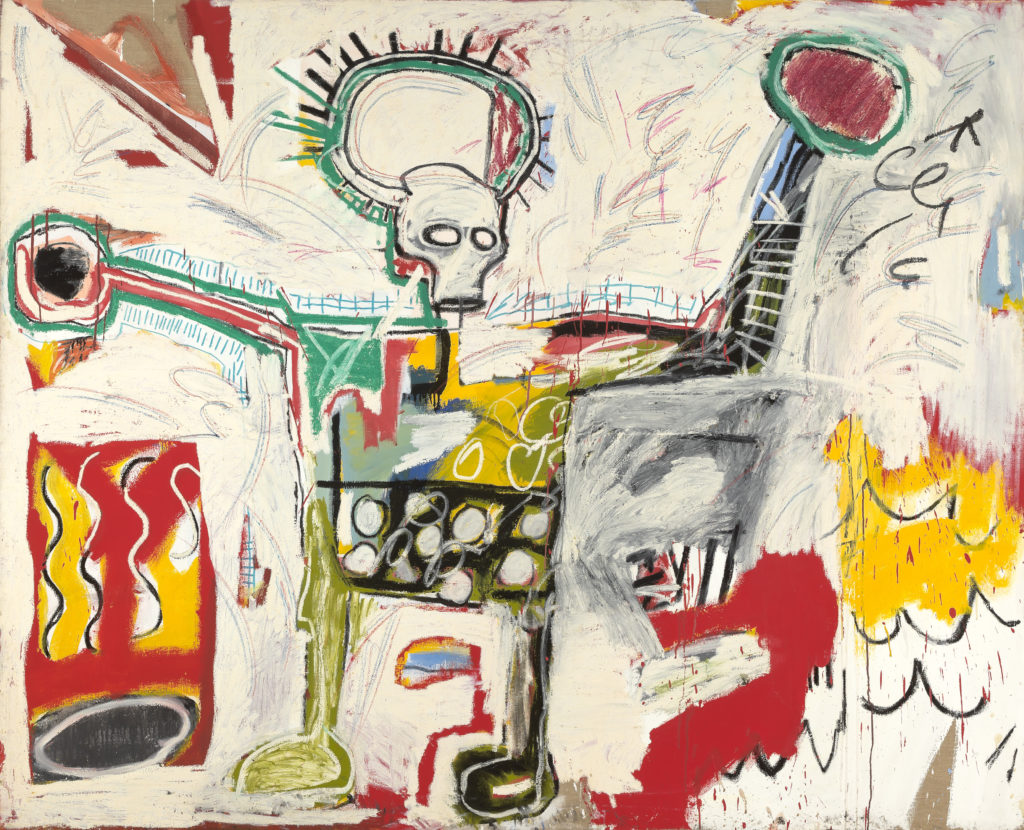
Also the May recital is waiting for me to pull it together. This will be fun but it has to wait until I feel more confident about this silly organ piece I am writing.
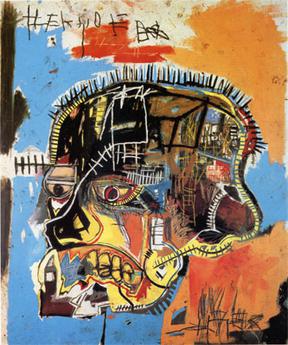
It helped me a great deal to examine other composers’ settings of the melody I am using (Lobe den Herren). I didn’t manage to examine all of the pieces I own based on this melody. I only looked at about ten settings out of twenty. But two composers helped me a great deal: Walcha and A. W. Leupold. Walcha was the teacher of my teacher, Ray Ferguson. I have always had an interest in his work. His craftsmanship is obvious to me and informed by contemporary composition. Leupold (whom I suspect is related to Wayne Leupold) makes music that is more conservative (I think he died in 1940), but I have always found it very solidly written.
Analyzing these two composer’s treatment of the melody I am using was helpful. There is enough distance between their respective aesthetics and my own that there is little danger that they will influence me too much in my specific compositional choices. But since looking at their work I have felt more freedom in the way I am approaching this little set of dances for the organ.
Algorithms CAN be helpful
Usually I resist curation online. Suggestions from people or businesses are usually more about their needs than mine. This is exacerbated by my own highly eccentric orientation to most things in life.
However, recently, there have been two helpful instances of suggestions for me. The first was a Spotify playlist of new music with my tastes in mind.
It was called “Your Release Radar” and by gosh there were things on it that interested me. Music by Modest Mouse, Robert Randolph and the Family Band, Philip Glass, Beethoven, Marvin Gaye and others, many of them musicians I admire and listen to. Also the sound of the different tunes were varied the way I often like listen to music, mixing up extremely different kinds of music. Cool.

Secondly, YouTube suggested a two part documentary on Anthony Burgess made in 1999 for the BBC. (Link to part I, Link to part II). The quality is not very good but I watched them both all the way through with pleasure. I would have been sorry to miss them.
